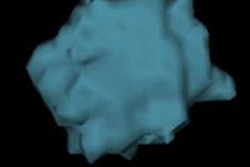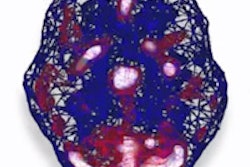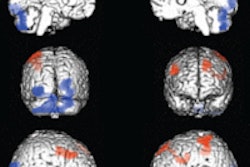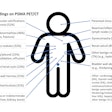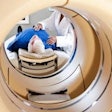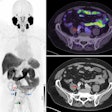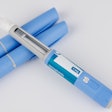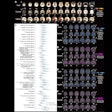Dear Molecular Imaging Insider,
In one of the most ambitious studies in recent memory, researchers, clinicians, patients, and a host of nonprofit organizations from across the U.S. will collaborate to tackle some of the nation's most vexing and complex health issues -- Alzheimer's disease, dementia, and cognitive impairment.
The $100 million Imaging Dementia -- Evidence for Amyloid Scanning (IDEAS) project will evaluate the clinical utility of amyloid PET imaging to diagnose these debilitating conditions.
As a Molecular Imaging Insider, you have an exclusive first look at the goals of this groundbreaking initiative, which was recently launched in March in response to the 2013 decision by the U.S. Centers for Medicare and Medicaid Services to decline coverage for amyloid PET imaging scans for dementia and neurodegenerative disease. Find out more in the Insider Exclusive.
Other highlights in this edition of the Molecular Imaging Insider include a study on the ability of SPECT myocardial perfusion imaging and coronary CT angiography to produce remarkably similar outcomes in initial imaging for chest pain. For more than three years, the two scans delivered roughly the same outcomes and resource utilization statistics among chest-pain patients who had one exam or the other, but with coronary CT angiography associated with less radiation exposure.
In addition, researchers from the Mayo Clinic are reporting positive results from a positron emission mammography unit developed in Spain, which offers better resolution than whole-body PET and may prove more useful than molecular breast imaging using technetium-99m sestamibi.
From Korea comes word that whole-body metabolic tumor volume, as determined by FDG-PET/CT before treatment, is a reliable prognosticator of overall survival in patients with invasive ductal carcinoma of the breast and distant metastases at the time of their initial diagnosis.
SPECT is once again showing its value by distinguishing the fine line between post-traumatic stress disorder (PTSD) and traumatic brain injury (TBI) in nonmilitary patients, which should lead to better treatment for the disorders. In this study, SPECT achieved at least 80% sensitivity for distinguishing TBI from PTSD in a group of patients with a wide range of comorbidities.
Be sure to stay in touch with the Molecular Imaging Community on a daily basis to be informed on the latest news and research.





